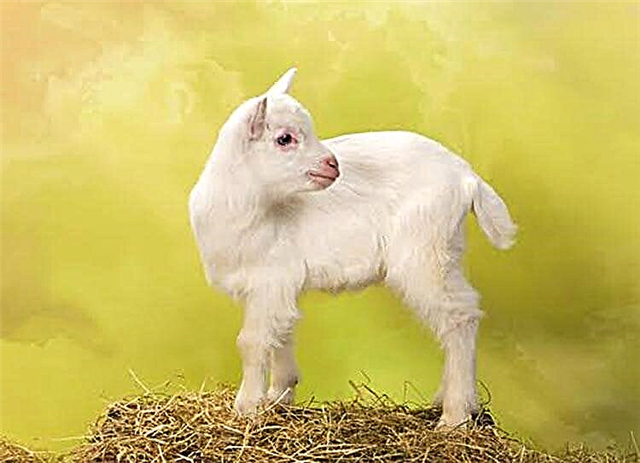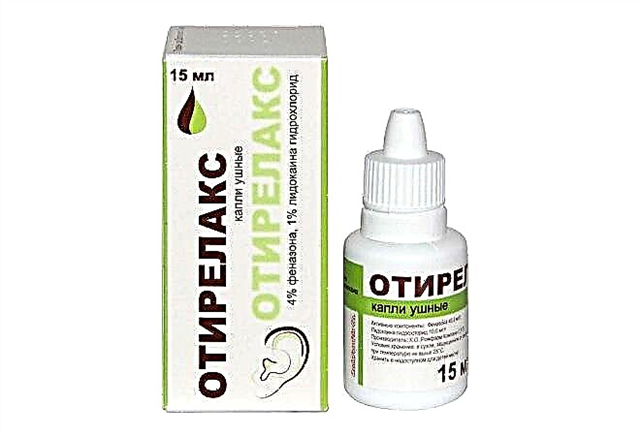
Cough is a common symptom of diseases, therefore, all parents face such a manifestation of ARVI, bronchitis or other disease in a child. To alleviate the condition of the baby, they resort to both folk remedies and medications. One of the most common groups of medicines used for coughing in children are expectorants.

What is it?
Expectorant drugs include agents that promote the excretion of sputum due to its dilution and easier coughing up. Expectorants are herbal and synthetic. They are prescribed for acute respiratory infections, pneumonia, bronchitis, bronchial asthma.
An indication for the use of expectorant drugs is a wet cough, in which the sputum is not viscous and not thick (with too viscous secretions, mucolytics are prescribed to the baby).
Expectorants come in different dosage forms. In childhood, sweet syrups and powders that are diluted in water are most in demand. Also, children are given lozenges, drops and tablets. Some expectorant drugs are also produced in the form of solutions for inhalation.

Operating principle
Drugs from the group of expectorant drugs can act as follows:
- Reflexively stimulate mucus production, peristalsis of the smooth muscles of the bronchial tree and the activity of epithelial cells through irritation of the gastric mucosa, as a result, mucus is better separated and excreted from small bronchioles into large bronchi and trachea. A similar effect is typical for herbal preparations, for example, based on licorice root, thyme or marshmallow.
- Directly irritate the bronchial mucosa in order to increase the production of liquid mucus. This effect is noted in sodium and potassium iodides, sodium bicarbonate, essential oils of anise and other agents. These days they are used less frequently than drugs with reflex action.
Expectorants by age
In prescribing any drug, including drugs from the group of expectorant drugs, it is important to take into account the permissible age of use.
For babies
Babies under one year old are allowed to give preparations based on ivy leaves (Gedelix, Prospan, Herbion) or marshmallow. There are no preservatives or alcohol in these medicines, so they are safe for babies. Linkas can be used from six months.

1-3 years old
For children over a year old, plantain syrups are often prescribed, for example, Herbion or Doctor Theiss. Also, from 1 year, the use of Tussamag, a preparation containing thyme extract, is allowed. At this age, the child can also be given syrups containing ivy or marshmallow.
Over 3 years old
The list of approved expectorants for children of this age is expanding. Three-year-olds with a wet cough can be given Pertussin syrup, in which thyme extract is supplemented with potassium bromide. Also, from the age of 3, they begin to prescribe syrup from 11 plants Dr. Mom and Mukaltin tablets.
How to treat: a review of the best expectorant syrups, tablets and mixtures
What drugs are needed for a wet cough?
If a child has a wet cough, he is shown drugs with an expectorant effect, which will not block the cough, but will help to remove the excess mucus that forms in the bronchi. Such an effect is possessed by preparations based on marshmallow, plantain, thyme, thyme and other plants used in the treatment of cough.

Effective remedies for severe cough without fever
If a child has a severe cough, but there is no fever or other symptoms of SARS, it is likely that the nature of such a cough is allergic. It can be caused by food allergens, household allergens, or plant pollen.
It is important to see your pediatrician to make sure that a severe cough is caused by an allergy and not by lung disease. After the examination, the doctor will prescribe the crumbs antiallergic drugs that will eliminate the cough.
Komarovsky's opinion
A popular pediatrician has a positive attitude towards expectorants, but believes that their effectiveness is comparable to non-drug methods that are available to every mother. Komarovsky urges when a child coughs to pay attention to a sufficient volume of drinking and access to fresh air for the child. The doctor assures that this is no less effective in thinning phlegm and improving its separation than syrups and potions.
Wrapping the baby up and keeping it in an unventilated, dry place will only increase the cough and worsen the baby's condition.
Komarovsky advises humidifying the air in the room and reducing the viscosity of sputum by drinking plenty of fluids. Also, a well-known doctor recommends walking with the child (in the absence of fever), since when coughing, fresh air is very important for a quick recovery.
For information on what drugs are prescribed for coughing, see the program of Dr. Komarovsky.
Tips for choosing a drug
When choosing one of the drugs with an expectorant effect, parents should remember that a cough is only a symptom. At the same time, it often performs a protective function, ridding the child's body of excess mucus in the respiratory tract, along with which bacteria and viruses are excreted.
In addition, the onset of cough can be associated with many other diseases, such as allergies or worm infections. That is why it is best to treat a cough with the help of a pediatrician. The doctor will carefully examine the child, listen to the lungs and select the most appropriate remedy.
In no case should parents independently give their child drugs that suppress the cough reflex, and also combine them with expectorant drugs. This can lead to stagnation of sputum in the lungs and deterioration of the child's condition up to the need for urgent hospitalization.

Folk remedies
Traditional medicine advises the use of different chest preparations for better coughing up sputum. In such collections, you can see marshmallow, chamomile, plantain, calendula, licorice, mother and stepmother, oregano, mint, wild rosemary and other herbs. The collection is brewed, insisted and given to the child to drink when coughing. Other popular folk recipes are:
- Milk and honey. After heating 250 ml of milk, add Art. a spoonful of natural honey, 5 g of butter and half a teaspoon of soda. Give your baby to drink on an empty stomach in the morning and before bed in the evening.
- Radish and honey. Wash a medium-sized black radish, make a depression in it, into which pour a teaspoon of honey. After 4 hours, drain the resulting syrup and give the child a teaspoonful up to 7 times a day.


What to do if the cough is at an advanced stage?
If a cough has been tormenting a child for a long time and no folk methods help, be sure to show the baby to a specialist. He will find out the cause of the prolonged cough and prescribe the necessary treatment, which will soon alleviate the child's condition.



